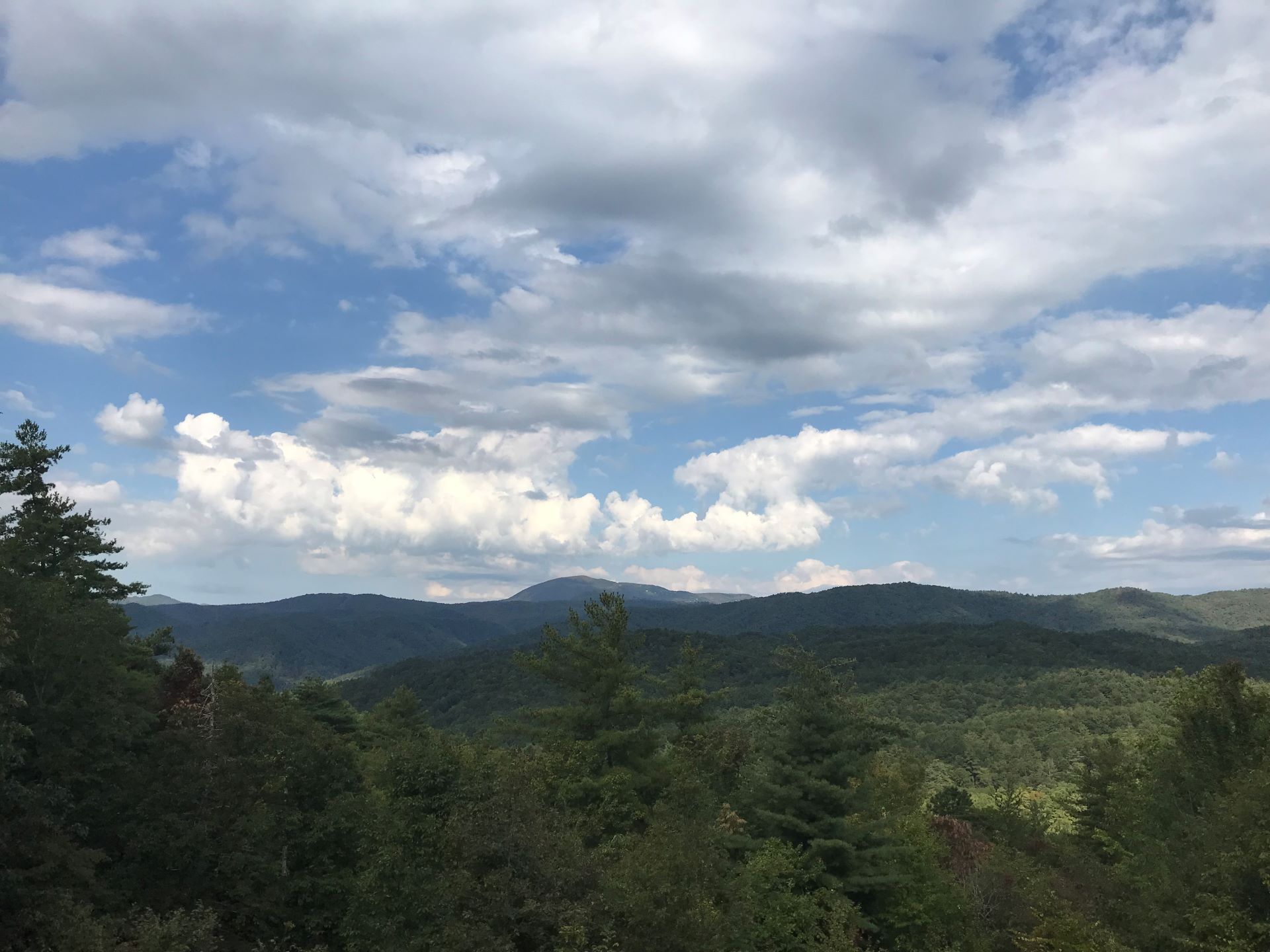Join my publication on Substack
“I’ve decided I’ll come up to your place and paint when the colors change,” wrote my friend Sharyn, a watercolor painter, in an email. “You’ll let me know when, right?”
Sharyn and I painted outdoors with a group of other landscape painters for several years. A couple of her paintings hang on my walls. She’s relying on my ability to notice subtle changes in the landscape others might miss.
How many times have you looked out the window in the spring to be startled that there are leaves on the trees?
Or the flowers – or dandelions – have suddenly bloomed?
Or to walk outside in the fall and be surprised the leaves are down and there’s a cold wind?
Human beings have become an indoor society, spending 90% of our time indoors. “Outside” for many people means the space they have to traverse between the door and their car.
Do you notice the daily Nature around you every day?
Learning to notice is the first step in reconnecting with Nature.
Noticing is slowing down, paying attention and becoming aware of the larger, non-human world around us, no matter where you live.
You can notice big elements like the sky, clouds, trees and forests. You can notice more human-size elements like woods, parks and gardens. Or you can notice smaller and tiny elements like flowers, blades of grass and clumps of moss and lichen.
It really doesn’t matter where your attention wanders, as long as you allow it to wander.
Once you start making it a practice to notice, you’ll notice other things you missed, like the repetition of shapes, forms and patterns in the forest and in the Earth. Shadows and the play of light and dark, especially on water, will suddenly jump out at you.
Be like a child and have fun
No need to make this all serious and feel guilty if you don’t notice everything all the time.
Pick a favorite tree, shrub, street view of trees or a neighbor’s shrub. Decide you’ll notice it once a day for the next 30 days. Since we’re in the change of seasons now, your daily notices will be quickly rewarded.
Pick one feature to focus on such as how the shape changes, how the light and shadows shift or how the pattern it makes against the background evolves.
The ultimate noticing project
For some truly spectacular studies in keen noticing and observation, take a look at painter Kevin D. Macpherson’s project, Reflections on a Pond. He painted the same view of his pond every day for a year, in all seasons, day and night.
Macpherson took on the project as “a physical challenge and psychological adventure.” He started in 1996. Because of his travel schedule the 368 paintings took five years to complete. The collection toured as an exhibition and is now an expensive coffee table book.
But don’t be intimidated.
Your daily noticing practice can be quite small, quite private, and still add significant richness to your life. Start today.
Now, go wander outside!

P.S. Phone driving you crazy? Sign up for my free email course Phone-Jacked: 7 Days to Retake Control of Your Phone
3 Resources for You
Links to Amazon books are affiliate links.
Reflections on a Pond by Kevin D. Macpherson “Macpherson’s Pond Series is a visual documentation of a journey into Spiritual significance of being an artist. The pond is much more than a subject recorded throughout one year. It is a reflection of one year of life that defines all individual years of our lives,” says Jean Stern, executive director of The Irvine Museum, art historian and authority on the late-19th and early 20th century California Impressionists, of the collection.
The Biophilic Mind: Noticing Nature with your Phone Well, well. Participants in a 2017 study reported more feelings of connectedness when they took pictures of Nature with their phone, rather than pictures of the built environment or no pictures at all. A win for Supportive Tech!
Actively Noticing Nature (Not Just Time in Nature) Helps Promote Nature Connectedness If you need a study to prove it to you, here it is.
2 Questions for You
Reflections, questions and ideas to break the digital spell.
1st Q: Do you already have a habit or practice of noticing Nature? Tell me more.
2nd Q: Did your parents or grandparents have a habit of noticing Nature they shared with you?
Hit reply and let me know what you discovered this week. I’ll use some of your feedback in next week’s newsletter (first name only.)
1 Action for You
One small step to start the change.
Pick one element to notice in Nature for the next 30 days. Go!
Hit reply, let me know how it goes and I’ll include feedback in next week’s newsletter.
Nature View
“The subtlety of nature is greater many times over than the subtlety of the senses and understanding.” – Francis Bacon
